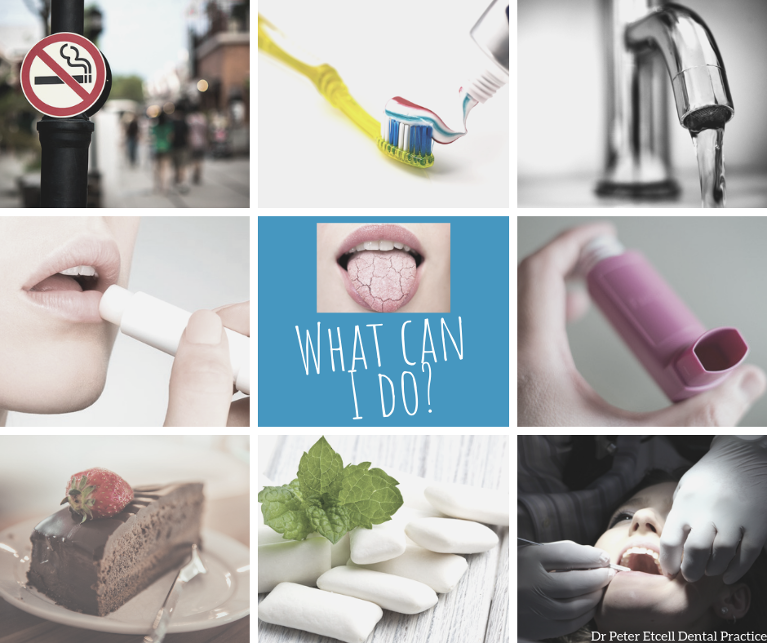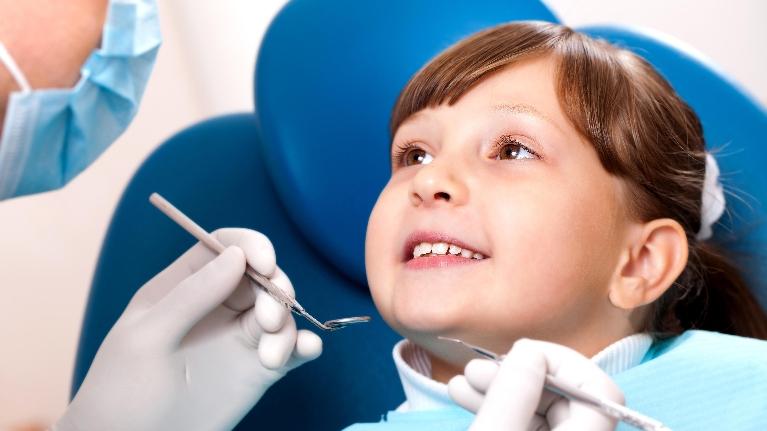Having a dry mouth caused by medication is more common than you think…especially amongst older generations. If left untreated, dry mouth can interfere with your oral health and function, affect your general health and significantly impair your quality of life! Dry mouth is professionally referred to as Xerosomia.
A study in 2017 showed that 73% of Veterans Affairs patients were dispensed one medicine that could cause dry mouth. 22% were dispensed two medications that could cause dry mouth and 5% were dispensed with three!
Saliva balances out the number of bacteria in your mouth and without sufficient saliva, tooth loss, decay, gum disease and even bad breath are more likely. There is a long list of not so obvious side effects that you might not realise are associated with a dry mouth:
- Difficulty chewing, swallowing and speech
- Oral infections
- Difficulty wearing dentures/dental sores
- Altered or reduced sense of taste
- Dry, cracked lips
- Burning sensation of tongue/mouth
- Disturbed sleep
- Pharyngitis and laryngitis
- Loss of the buffering action that helps to prevent acid reflux and oesophagitis
As you can imagine, some of these side effects can impact a person dramatically. Speech and eating difficulties can even result in a loss of appetite and malnutrition, which can lead to reluctance to socialise, an inability to take medicines and eventually a diminished quality of life and poor general health.
It’s not just prescription medications that you need to watch out for, non-prescription drugs can affect your mouth too. The most common non-prescription medications are anti-anxiety drugs, anti-depressants, anti-hypertensives (blood pressure medicines), antihistamines, anti-inflammatory/analgesics, anti-nauseants, anti-parkinsonian drugs, anti-acne drugs and anti-convulsants.
To help minimise the consequences of dry mouth, there are some simple tips that we can offer:
Always practice good oral hygiene which includes brushing twice a day, flossing daily, rinsing with a non-alcoholic mouthwash and seeing your dentist regularly. Keeping your mouth in good health will lessen the likelihood of decay and infections.
Minimise sugary and acidic foods/drinks, such as fruit juices, cordial, soft drinks, alcohol, and sports/energy drinks. Without sufficient saliva, these harmful foods cannot be washed away.
Sip on good old plain tap water. Sipping is important as drinking large amounts of liquid will not make your mouth any less dry. Some people find relieve from sucking on ice chips or spraying water directly into the mouth. Using a humidifier, whilst sleeping, helps too. Your water intake will vary greatly depending on your medications. It is important to check with your GP.
Check that your lip balm is water based, if your lips are dry.
If you smoke, look at the options for quitting. Not smoking, alone, can reduce the symptoms of a dry mouth.
Chewing produces saliva. Sugar free hard lollies in citrus, cinnamon or mint flavours are good choices as these flavours really stimulate saliva. Chewing sugar free gum can greatly increase saliva flow too.
Ask your GP or Dentist about specialised products that are available. There are toothpastes, mouthwashes and even antibacterial gel specific for dry mouth sufferers.
If you use an inhaler, check with your GP or Pharmacist that you are using the best technique. Use a spacer device and rinse with water immediately after each use.
There are funded nutritional and dietetic services, if you are eligible for Veterans Affairs (DVA), which might be helpful for dry mouth sufferers. DVA also fund a speech pathology service for eligible patients who are experiencing speech and swallowing difficulties.
Finding the cause of reduced saliva is sometimes quite difficult. The quantity and quality of saliva, or the sensation of having a dry mouth can be caused by the number, type and dosage of medicines. Drug interactions and the duration of treatment must be analysed too. The likelihood of having dry mouth increases with the number of medicines used and with age. While medication is the most common cause of dry mouth, we need to also consider other causes, including systemic diseases and treatments.
Suffering a dry mouth is not pleasant and sometimes unavoidable, but we can work together to alleviate the discomfort.
The top 20 most commonly prescribed medicines that can cause dry mouth:
- Furosemide
- Tiotropium inhalation
- Escitalopram
- Amitriptyline
- Sertraline
- Buprenorphine
- Venlafaxine
- Citalopram
- Verapamil
- Oxybutynin
- Duloxetine
- Quetiapine
- Fluoxetine
- Paroxetine
- Risperidone
- Gabapentin
- Solifenacin
- Timolol Eye Drops
- Olanzapine
- Brimonidine Eye Drops





